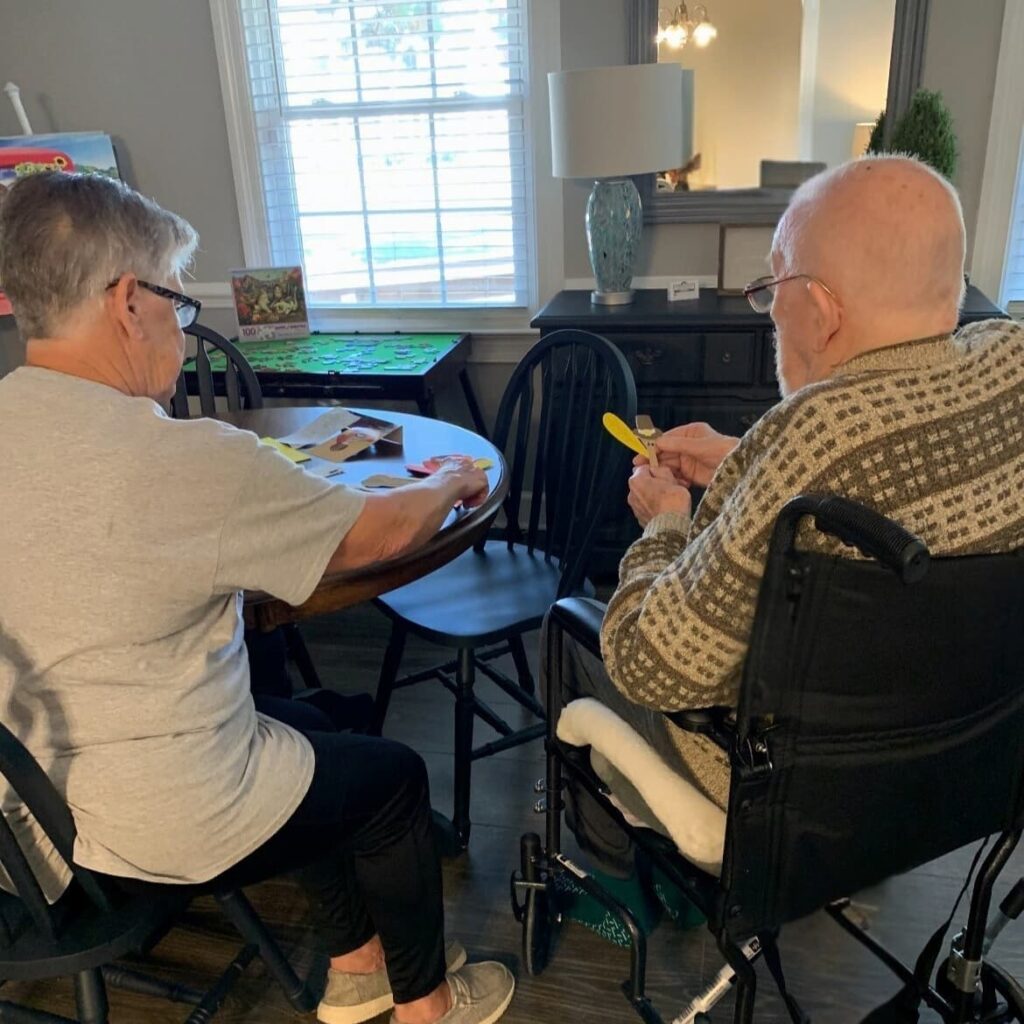
As individuals age, the desire to remain in the comfort of their own homes becomes increasingly significant. According to a Forbes survey, 92% of older adults prefer to live out their later years in their current home. To support this preference, various in-home care services are available, each tailored to meet specific needs. Understanding these services can help determine which is most appropriate for you or your loved one.
Types of In-Home Care Services
1. Personal Care
Personal care services assist individuals with activities of daily living (ADLs), which are essential tasks that may become challenging with age or disability. These services include:
- Bathing and Grooming: Ensuring personal hygiene is maintained.
- Dressing: Assisting with choosing appropriate clothing and getting dressed.
- Mobility Assistance: Helping with movement around the home.
- Toileting: Providing support with bathroom needs.
- Feeding: Assisting those who may have difficulty feeding themselves.
These services are crucial for individuals who face physical or cognitive challenges that impede their ability to perform daily tasks independently.
2. Companion Care
Companion care focuses on providing emotional support and companionship, which are vital for mental well-being. Services in this category include:
- Conversation and Socialization: Engaging in meaningful interactions to prevent feelings of loneliness.
- Recreational Activities: Participating in hobbies, games, or outings.
- Light Housekeeping: Assisting with tasks like laundry, dishes, and tidying up.
- Meal Preparation: Preparing meals to ensure nutritional needs are met.
- Transportation: Providing rides to appointments or social events.
This type of care is ideal for individuals who are relatively independent but may benefit from social interaction and minor assistance with daily activities.
3. Drop-In Care
Drop-in care offers flexible, short-term assistance tailored to individual needs. This service is beneficial for:
- Family Caregiver Relief: Providing respite for primary caregivers.
- Post-Hospitalization Support: Assisting with recovery after medical procedures.
- Intermittent Assistance: Offering help during specific times when needed.
Drop-in care is suitable for those who do not require constant supervision but may need occasional support to maintain their independence.
Determining the Right Type of Care
Choosing the appropriate in-home care service depends on various factors:
- Level of Independence: Assess the individual’s ability to perform daily tasks without assistance.
- Health Conditions: Consider any medical issues that may require specialized care.
- Social Needs: Evaluate the importance of companionship and social interaction.
- Family Support: Determine the availability and capacity of family members to provide care.
Consulting with healthcare professionals and conducting a thorough assessment can help in making an informed decision that best suits the individual’s needs.
The Impact of In-Home Care on Well-Being
In-home care services have been shown to significantly enhance both physical and mental health. Studies indicate that patients receiving home care experience improved recovery rates and a reduction in hospital readmissions. Additionally, the personalized attention and comfort of being in a familiar environment contribute to better mental health outcomes, including reduced anxiety and depression.
As the population ages, the demand for in-home care is expected to rise. Currently, 16% of the U.S. population is aged 65 and older, and this number is projected to grow. Planning ahead and understanding the available care options can ensure that individuals receive the support they need to age gracefully in their own homes.
Conclusion
In-home care services such as personal care, companion care, and drop-in care offer tailored support to meet diverse needs. By carefully evaluating individual circumstances, one can choose the appropriate type of care that enhances quality of life and promotes overall well-being.
If you or a loved one are considering in-home care, Compassionate Care Solutions is here to help. Contact us today to learn more about our personalized care options and how we can support your family’s needs.






